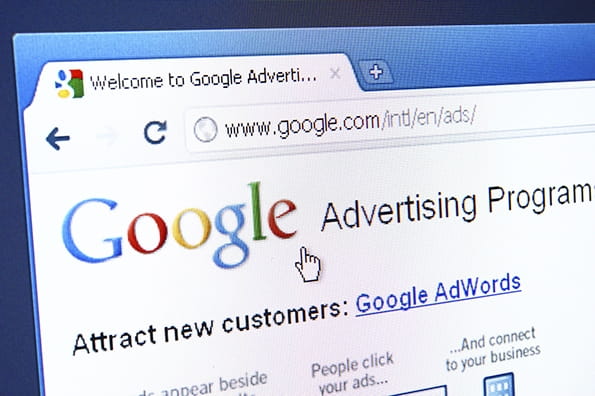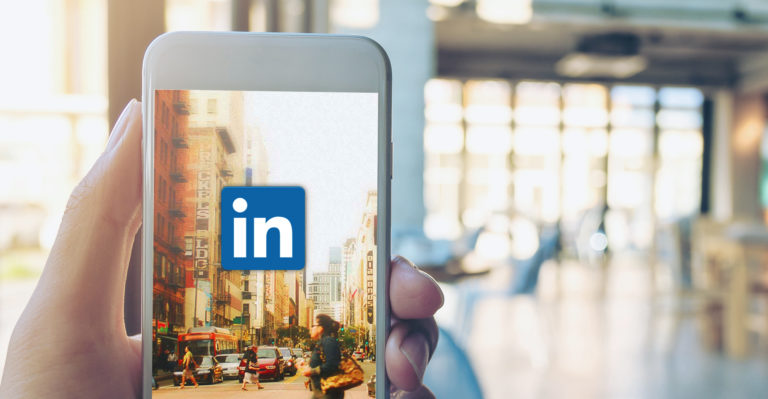
Consumers’ don’t care about the legal nuances of bank licenses as long as they see “FDIC insured” associated with their account.īecoming the “nervous system of the emerging digital economy” sounds like a bunch of gibberish to me. Regarding Ready’s point about “having no intention to be a bank,” from a consumer perspective a company that provides a banking service is a bank. What does that even mean? What “third-party banking services” does Google think consumers want to get from the company that they aren’t getting or can’t get from other providers? Instead, it plans to deliver third-party banking services directly to consumers, becoming the nervous system of the emerging digital economy.” Moving forward, Google doesn't want to compete in the retail banking market. “ first priority is pivoting from the abandoned Google Plex project. Both products are tightly integrated with the iPhone-and in fact, wouldn’t be the products they are if they were standalone from the iPhone. They take a small cut on Apple Pay transactions, and have launched-in partnership with Goldman Sachs-a credit card. If Google Pay wants to be part of “anything that has to do with the exchange of money,” it needs to first figure out how it’s going to make money in the world of money exchange.Īpple figured that out for itself.



Sure, banks are advertisers, but that’s not why they wanted the Plex product-they wanted it because it was a better checking account.Ĭonsumers want convenience and features-but they don’t want their user experience marred by advertisements (he said, knowing full well that readers of this article are getting inundated with ads on this site).

Google 2020 revenue breakdown Source: Alphabet annual reportĪs Bob Dylan once sang, “you’re gonna have to serve somebody,” and Google Pay’s problem is it doesn’t know who it’s serving.


 0 kommentar(er)
0 kommentar(er)
